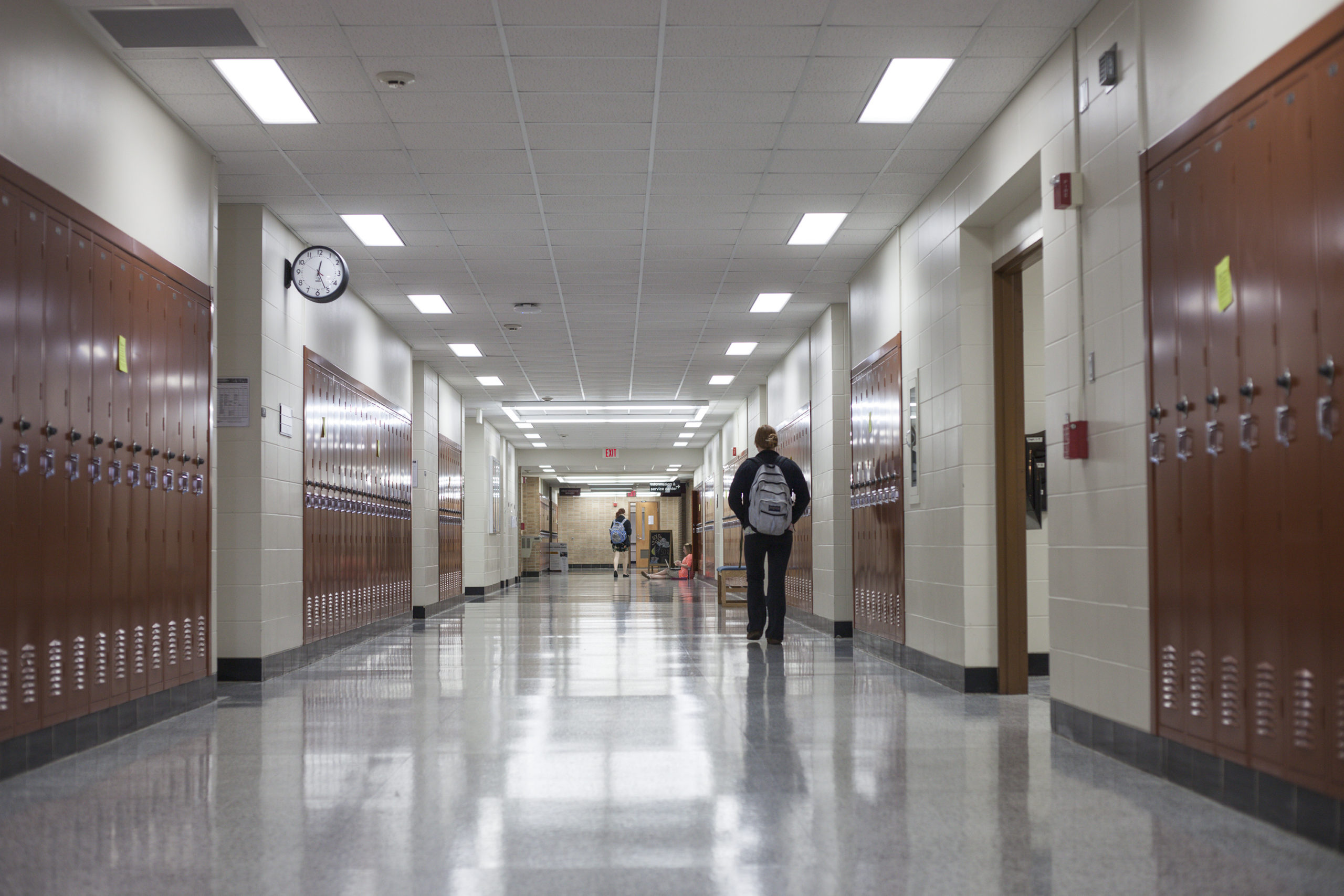Abortion rights, women of color, and LGBTQIA+ people are under attack. Pledge to join us in fighting for gender justice.

On July 28, 2021, a federal district court judge vacated a part of the Trump Administration’s Title IX rule weakening civil rights protections against sexual harassment in schools. The lawsuit was initially filed in June 2020 in Boston, Massachusetts by the National Women’s Law Center, along with our co-counsel Morrison & Foerster LLP and Diane Rosenfeld of Harvard Law School in her individual capacity.
The plaintiffs in our lawsuit included several individual student survivors and advocacy organizations across the country—Equal Rights Advocates, Victim Rights Law Center, Legal Voice, and Chicago Alliance Against Sexual Exploitation—and we challenged most provisions of the Trump rule under the Administrative Procedures Act (APA) and the Equal Protection Clause of the Fifth Amendment of the U.S. Constitution. Our trial was last November and recently Judge William Young issued a decision in the case, with a clarification that followed.
What did the judge decide in our case?
In his decision, Judge Young held as unlawful one provision of the rule, often referred to as the “exclusionary rule,” which required postsecondary schools to exclude all oral or written statements made by any party or witness who did not submit to cross-examination at a live hearing. This provision meant that college and graduate school survivors were required to submit to cross-examination by their harasser or abuser’s advisor in order for the statements in their formal complaint or Title IX interview to be considered as evidence. The exclusionary rule also meant that Title IX respondents could exclude a confession or apology from the evidence by simply refusing to be cross-examined. Similarly, schools could not consider statements in a text message, email, rape kit, police report, etc. if the person who wrote the statements was not available or was too afraid to appear for cross-examination.
In vacating the exclusionary rule and remanding it to the Department of Education, Judge Young remarked that the exclusionary rule rendered Title IX hearings into “a remarkably hollow gesture.” After all, while complainants would have to submit to cross-examination at a live hearing for their evidence to be admitted, a respondent could simply refuse to attend the hearing and persuade other witnesses not to attend and then “rest easy knowing that the school could not subpoena other witnesses to appear.” He noted that “[t]his is not some extreme outlier or fanciful scenario.” As a result, he concluded “the Department failed, even implicitly, to consider the consequences” of the exclusionary rule.
At the same time, he declined to strike the remainder of the DeVos rule—not because he agreed with or endorsed the policy decisions behind the DeVos rule—but because he believed that the Department adequately considered and explained each of the changes it made to the Title IX regulations, thereby meeting the low threshold under the APA.
What does this decision mean for students and schools?
Well, first, this is a win. Holding that the exclusionary rule is unlawful will help many students by allowing their schools to thoroughly investigate their complaints. The exclusionary rule (which is included in § 106.45(b)(6)(i) of the rule) has been vacated, as clarified by the Judge on August 10, and the Department of Education has announced that it will no longer enforce that provision. What this means is that postsecondary schools may now consider statements made by parties or witnesses in emails, text messages, police reports, medical records, and other documents—even if those parties or witnesses do not participate in cross-examination at the live hearing—as long as those statements are relevant. Effectively, survivors should no longer have to be cross-examined by the respondent’s advisor under the Title IX rule. After all, the Title IX rule still requires schools to conduct an “objective evaluation of all relevant evidence” (§ 106.45(b)(1)(ii)). Furthermore, § 106.45(b)(6)(i) provides that schools cannot draw any negative inferences about a party or witness solely because they did not answer any cross-examination questions.
We still need the Department of Education to act quickly!
The Department of Education must still move quickly on issuing a new Title IX rule. The Department has indicated that it plans to propose a new Title IX rule in May 2022, but that means it could be a while before the DeVos rule is replaced by a new one. After all, the DeVos Title IX rule was first proposed in November 2018 but was not finalized until May 2020 and did not take effect until August 2020—nearly 21 months later. Students simply can’t—and shouldn’t have to – wait that long. Visit this page to learn more and how you can demand that #EdActNow.
